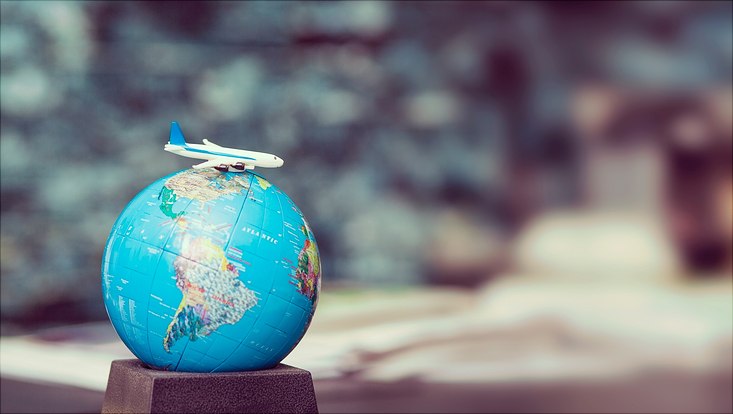"Academic Travel": Doing science, meetingness and co-presence (terminated)

Research question
Central Topic of Working Group
| The working group (WG) explores the role, relevance and ongoing changes of international academic travel in the field of climate and sustainability sciences. A young researchers’ group within the WG will focus on identifying pathways forward for action to reduce academic air travel. |
Background of Working Group
A crucial part of “doing science” consists in scientific exchange and networking which typically take place at conferences, workshops and meetings. By now, scientific exchange in most disciplines goes beyond national borders and often across continents, especially since international collaboration is often seen as an end in itself. Therefore, scientists travel a lot including for scientific policy advice (e.g., IPCC) and much of this academic travel entails long and short distance flying. In times of “climatisation” (Aykut et al. 2017), however, academic travel, especially air travel, suffers a loss of social legitimacy and becomes a practice in need of justification, both in science and society. Some individual academics organise and support campaigns to omit or reduce academic flying (e.g. https://unter1000.scientists4future.org or https://noflyclimatesci.org/) and several European universities developed policies to reduce or forbid short distance flying. At the same time, information and communication technologies are more and more frequently used in academic contexts, for example virtual presentations and the streaming of contributions at conferences, video meetings etc.
Reference: Aykut, Stefan Cihan; Foyer, Jean; Morena, Edouard (Eds.) (2017). Globalising the climate. COP21 and the climatisation of global debates. Abingdon, Oxon: Routledge.
Objectives
The central topics of the WG encompass the role, relevance and ongoing changes of academic travel and scientific exchange regarding international flights, physical co-presence and virtual communication. In particular, the WG is interested in whether systematic politicisation and moralisation of academic flying can be observed and what justifications are given for keeping up the current rate of academic air-travel. We also study what alternatives to travel in general, and flying in particular, are discussed and practiced and what limitations to these alternatives are being anticipated and experienced? The relevance of this topic is not limited to the academic field but, in a nutshell, provides insights into current discourses, policy making and changing practices.
The working group combines the CSS’s key research subjects’ policymaking and governance and communication and public spheres. To the subject of policymaking and governance, the WG contributes insights into the relevance of professional travel in a relatively flight-dependent sector, with potential results that can be applied in higher education governance as well as be transferred to other sectors. To the subject of communication and public spheres, the WG contributes insights into the role of conference travel for scientific communication and academic careers. We have also initiated a dialogue with young researchers (mainly in the context of CliCCS-B1) who will set-up a young researchers’ group within the working group with a focus on identifying pathways forward for action to reduce academic air travel.
